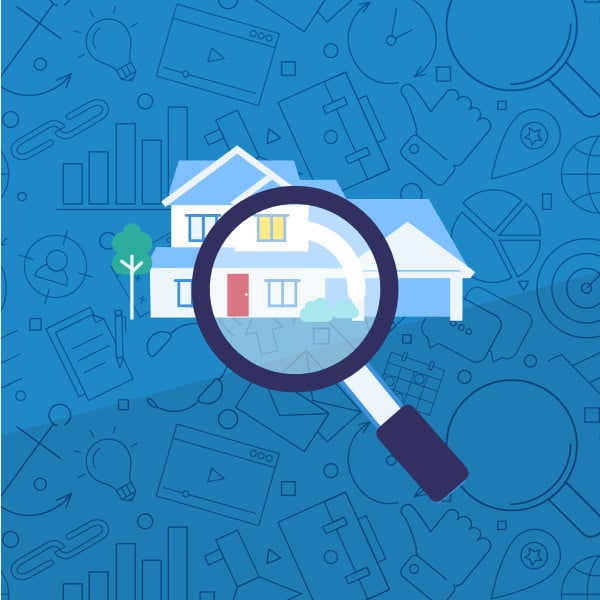You are viewing our site as an Agent, Switch Your View:
Agent | Broker Reset Filters to Default Back to ListWhat Do People Have Against Real Estate Agents?
April 17 2022
 As an agent, you may have encountered people who don't have a positive view of your profession. Unfortunately, such attitudes are prevalent: as of the last Gallup poll, only 25% of people have a high or very high opinion of real estate agents -- far lower than the percentage of people who trust funeral directors, and barely higher than the percentage who have a high opinion of lawyers.
As an agent, you may have encountered people who don't have a positive view of your profession. Unfortunately, such attitudes are prevalent: as of the last Gallup poll, only 25% of people have a high or very high opinion of real estate agents -- far lower than the percentage of people who trust funeral directors, and barely higher than the percentage who have a high opinion of lawyers.
Whether it's the myth that home buyers and sellers won't suffer if they don't use a real estate agent or the incorrect idea that the average agent is ripping off naive consumers, you may sometimes be fighting against negative or unfair stereotypes.
Factors you can't control, such as historically high home prices and rising mortgage rates, can engender consumer frustration about real estate in general. But the reality is that certain behaviors are bound to sour consumers' attitudes about real estate agents. What should you avoid doing so that you don't further sully your profession's reputation?
Here are five agent behaviors that turn consumers away from using real estate agents:
1. Being Unresponsive
The first behavior that causes consumers to dislike or distrust real estate agents is being unresponsive. Some agents don't respond to inquiries and messages from leads and clients in a timely fashion – or at all.
Being a high performing agent means responding as fast as possible as often as you can. If somebody contacts you when you're busy, don't be afraid to send a quick text message explaining that you can't pick up. You can also consider using an auto-responder, or keeping separate work and personal phones to better identify high-priority calls and contact.
2. Technological Incompetence
Fair or not, being technologically challenged is a quick way for real estate agents to lose the respect and confidence of consumers. After all, purchasing any kind of professional service – including partnering with a real estate agent – is more likely than ever to occur online.
That means that agents owe it themselves and their industry to be as technologically savvy as possible. Having a smartphone in your pocket is a good start, but is only truly useful if you can use it to prospect for leads, schedule home tours, communicate with clients about your progress, and even collect digital signatures.
3. Lack of Knowledge About the Housing Market
By now, just about everybody is aware that the housing market has gone gangbusters. Home prices have been unusually high for nearly two years – but consumers don't need an agent to tell them that.
If there's a sure way to give yourself and other agents a bad name, it's to demonstrate a shallow understanding of the housing market.
Being a master of your craft means knowing the broader market pressures and opportunities – not just how home prices are rising but why, and whether that will stop soon, or will be affected by interest rate hikes.
Nobody can answer these questions definitively, but remember that as an agent you are there to do more than buy or sell homes: You are the person your clients turn to for leading insights about the market.
4. Neglecting to See Clients and Leads as Individuals
Being an expert about real estate broadly isn't enough to avoid alienating clients. You also must demonstrate an understanding of each individual lead or client's goals, aspirations, and expectations.
Just as no two homes are exactly the same, no two clients share the exact same goals. What could be a dealbreaker for one client won't matter to another at all – but you'll only know that if you take the time to learn it.
Remember that while you will sell and buy hundreds of homes over the course of your career, your clients will typically only go through a real estate transaction a few times. Don't let leads think you are cavalier or inattentive about the gravity of their real estate transaction by showing that you understand their individual goals.
5. Failing to Solicit and Display Testimonials from Satisfied Clients
Some agents are doing everything right, but an average consumer wouldn't know it. Don't make that mistake: Solicit and display testimonials from satisfied clients to let consumers know that you're a professional they can trust.
If you were hiring for a job, you probably wouldn't take seriously somebody who told you all about how great they were but couldn't provide a single positive reference from a past colleague. Real estate works similarly: People aren't going to trust you, or agents in general, if you don't have documented, positive reviews from satisfied clients and impressed colleagues.
You should keep past clients' contact information and share specific instances where you helped people buy or sell a home. Also, remember to request positive, plentiful reviews on Google, so that it is clear to searchers that you are a competent, honest agent with integrity.
To view the original article, visit the Homesnap blog.









